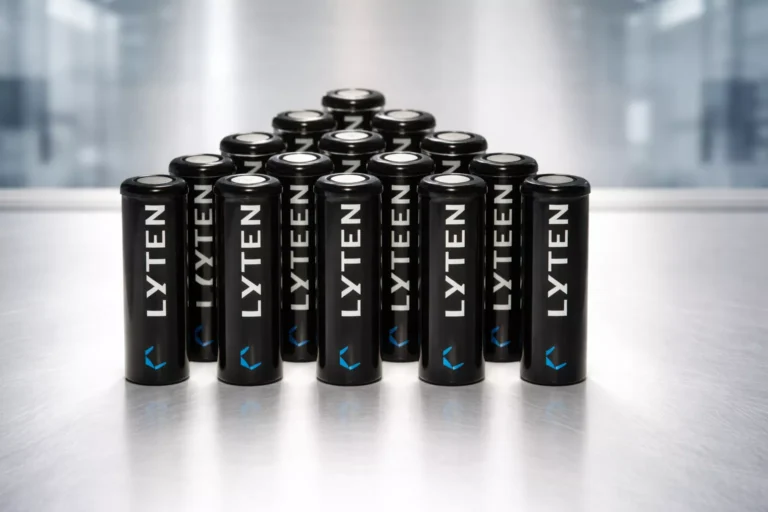
LG Chem has commenced clinical trials for its next-generation immune checkpoint inhibitors, aiming to broaden treatment options for patients with solid tumors.
The company announced the initiation of Phase 1 trials in the United States for LB-LR1109 (research project code LR19155), its first independently developed anticancer drug candidate.
LB-LR1109 is a monoclonal antibody drug designed to inhibit the LILRB1 (Leukocyte Immunoglobulin Like Receptor B-1) mechanism. By blocking the binding of the immune checkpoint signal molecule LILRB1, which is present in various immune cells, with the protein HLA-G (Human Leukocyte antigen-G) expressed in cancer cells, LB-LR1109 activates immune cell functions throughout the body simultaneously.
LG Chem highlighted that LILRB1 is expressed on multiple immune cells, including T cells, NK cells (natural killer cells), and macrophages (phagocytic cells), distinguishing it from existing immune checkpoint inhibitors that mainly target T cell activation.
The company demonstrated dose-dependent anticancer effects in animal models of solid tumors and obtained Investigational New Drug (IND) approval from the US Food and Drug Administration (FDA) in December last year.
The clinical trial will enroll patients with advanced or metastatic solid tumors in South Korea and the United States to assess safety, tolerability, pharmacokinetics, and pharmacodynamics. LG Chem will collaborate closely with its oncology-focused subsidiary, AVEO, to develop strategies for late-stage clinical trials and regulatory approval.
GlobalData forecasts the global immune checkpoint inhibitor market to increase from KRW 60 trillion (USD 50 billion) in 2023 to KRW 100 trillion (USD 82 billion) by 2028.
Jeewoong Son, President of LG Chem Life Sciences Company, stated, “We are leveraging our capabilities to provide innovative treatment experiences recognized and appreciated by healthcare professionals and patients worldwide,” and added, “We will continue to offer unique treatment options in oncology, addressing the significant unmet medical needs in this field.”








